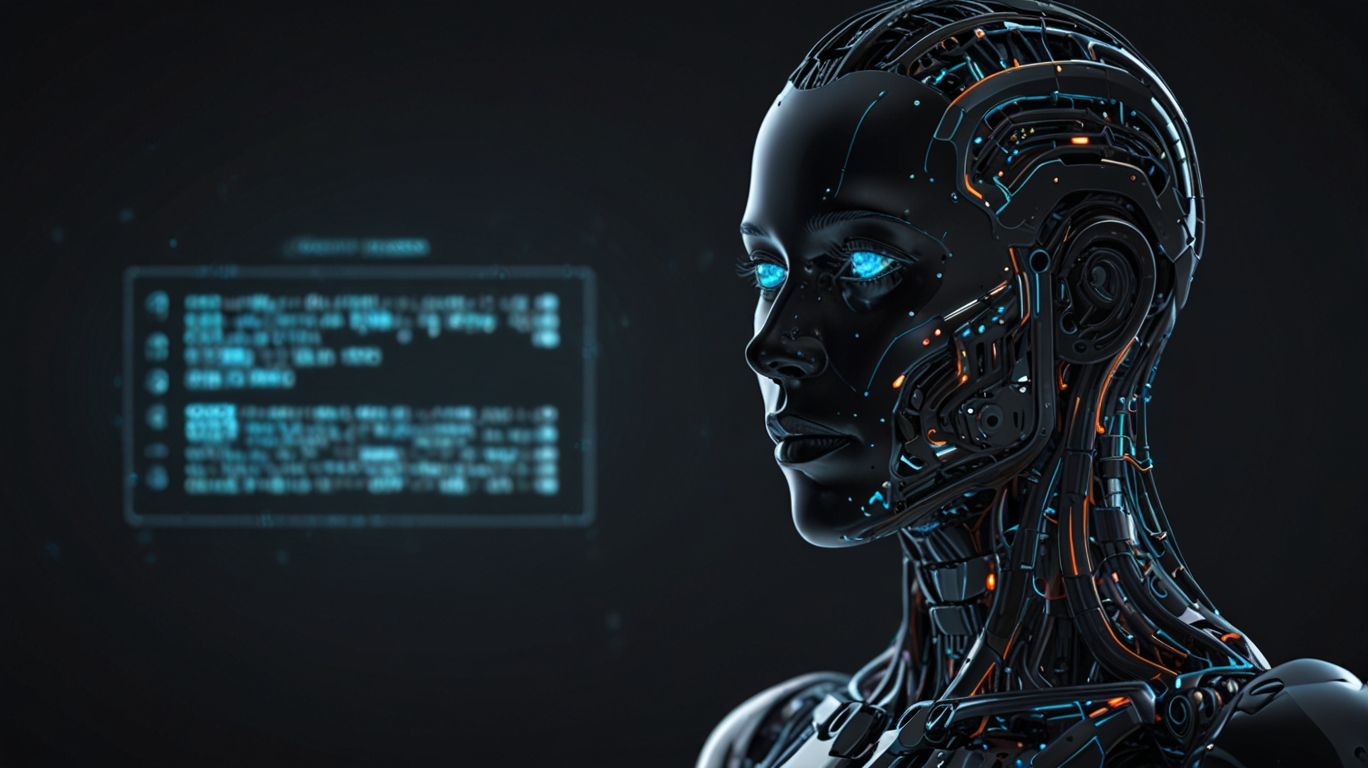In today’s fast-paced digital world, software development has become an essential part of almost every industry. However, the complexity of coding, along with the need to deliver projects faster and more efficiently, has led to the emergence of tools that can assist developers in writing code. One of the most groundbreaking advancements in this area is the rise of AI code assistants. These intelligent tools are designed to help developers write, optimize, and debug code faster than ever before.
What is an AI Code Assistant?

An AI code assistant is a software tool powered by artificial intelligence designed to assist developers in writing code by providing real-time suggestions, generating code snippets, and helping with debugging. These tools leverage machine learning models trained on vast amounts of code data, allowing them to understand and predict patterns in coding syntax and logic.
With AI-driven suggestions, developers can not only code faster but also with fewer errors. Whether you’re a beginner learning to code or an experienced programmer, AI code assistants streamline the development process, making it more efficient and less prone to human error.
Key Features of AI Code Assistants

1. Code Completion and Suggestions
AI code assistants like GitHub Copilot or Tabnine are capable of predicting and auto-completing lines of code as developers type. These tools analyze the context of the code and suggest relevant functions, methods, or even complete code blocks. This feature accelerates coding by reducing manual input and helps developers focus on higher-level logic.
2. Bug Detection and Debugging
AI tools can detect potential bugs in real-time by analyzing patterns in the code. They can offer suggestions for fixes and, in some cases, even automatically correct issues. This feature reduces the time developers spend on debugging and ensures more reliable, efficient code from the start.
3. Code Optimization
AI code assistants can provide recommendations for optimizing code, ensuring that it is not only functional but also efficient. Whether it’s reducing redundant code, improving runtime performance, or suggesting more efficient algorithms, AI assists in writing cleaner and more maintainable code.
4. Learning Assistance
For beginner developers, AI code assistants act as a virtual mentor, offering guidance and explanations for specific code snippets or functions. They can recommend best practices and explain why certain lines of code work in a particular way, making them valuable educational tools.
5. Multi-Language Support
Most AI code assistants support a wide range of programming languages. Whether you’re working in Python, JavaScript, Java, or C++, these tools can provide language-specific assistance, adapting to the needs of the project and the developer.
How AI Code Assistants are Changing the Development Landscape

1. Increased Productivity
AI code assistants significantly speed up the development process. By automating repetitive coding tasks and offering real-time suggestions, developers can focus more on solving complex problems and less on writing boilerplate code. This increased productivity allows teams to meet project deadlines faster and with more accuracy.
2. Improved Code Quality
By providing best practices, error detection, and optimization tips, AI code assistants contribute to writing high-quality code. They minimize common human mistakes and encourage cleaner, more readable, and maintainable code, reducing technical debt over time.
3. Bridging the Skill Gap
For beginner and intermediate developers, AI code assistants can help bridge the skill gap by offering continuous support and guidance. These tools enable less-experienced developers to take on more challenging projects and learn new programming languages and frameworks quickly.
4. Collaboration and Knowledge Sharing
AI code assistants make collaboration between teams more effective. Since they offer consistent suggestions based on best practices, team members can align their coding styles, ensuring a more cohesive and understandable codebase. This leads to better communication between developers of different skill levels and promotes a shared understanding of the code.
Popular AI Code Assistants
1. GitHub Copilot
One of the most popular AI-powered code assistants, GitHub Copilot, integrates with Visual Studio Code and offers suggestions based on natural language inputs. It’s trained on a vast dataset of publicly available code and has a deep understanding of programming logic and patterns.
2. Tabnine
Tabnine is another AI-powered code assistant that focuses on code completion and suggestions. It supports various IDEs and programming languages, making it versatile and adaptable to different projects. It also offers an offline mode for privacy-focused development environments.
3. Kite
Kite is known for its intelligent code completion features and integrates with popular IDEs such as PyCharm, VS Code, and Atom. It helps developers by providing smart, context-aware suggestions and offers learning resources alongside code recommendations.
The Future of AI Code Assistants
As artificial intelligence continues to evolve, AI code assistants will become even more powerful and intuitive. We can expect these tools to expand their capabilities, providing even more advanced debugging, testing, and code generation features. In the future, AI assistants may play a role in automating entire workflows, from writing code to deploying applications, all while ensuring security and optimization.
Furthermore, as AI models become more specialized, they may adapt to individual developers’ styles, offering personalized suggestions tailored to their coding preferences and habits.
Conclusion
AI code assistants are transforming how developers approach coding. By improving productivity, enhancing code quality, and offering real-time assistance, these tools are revolutionizing software development. As technology continues to evolve, AI code assistants will undoubtedly become an integral part of every developer’s toolkit, pushing the boundaries of innovation and efficiency in the world of programming.
